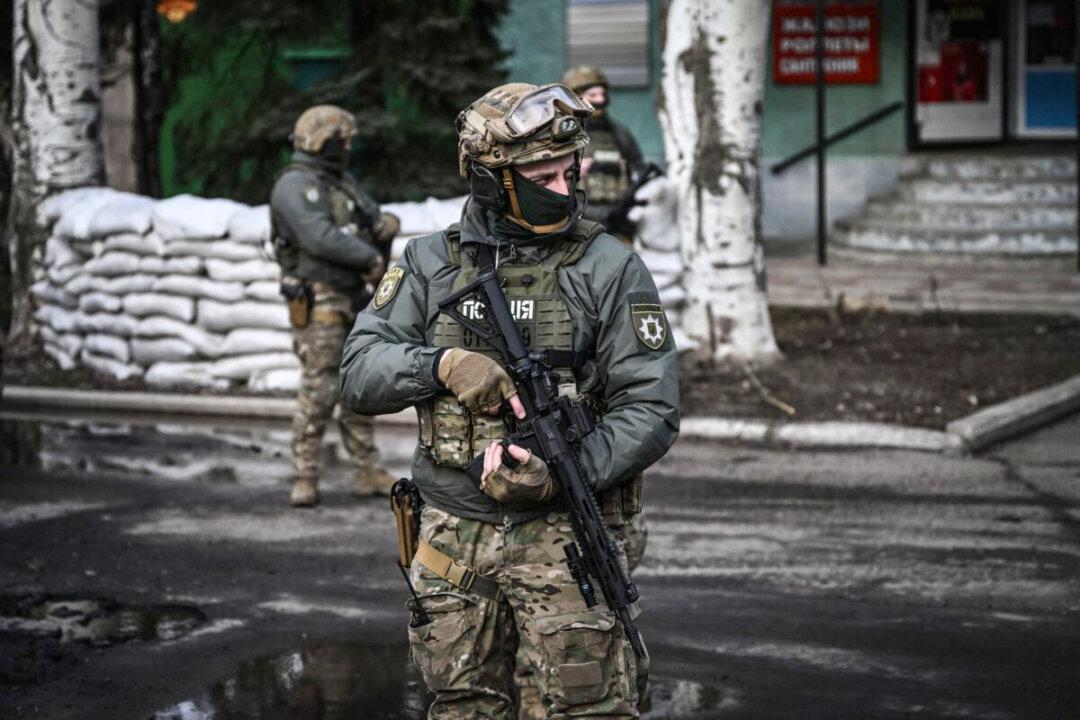A diplomacy expert has lambasted the transatlantic defence bloc for leaving Ukraine to fend for itself and warned that the entire episode could undermine confidence in the global rules-based order.
“I thought it was morally repugnant for the west to encourage Ukraine to take on Russia without providing manpower or funding—along with the idea that 100-200,000 Ukrainians have to die by themselves without help. I think it’s ridiculous,” Joseph Siracusa, adjunct professor in international diplomacy at Curtin University, told The Epoch Times.





